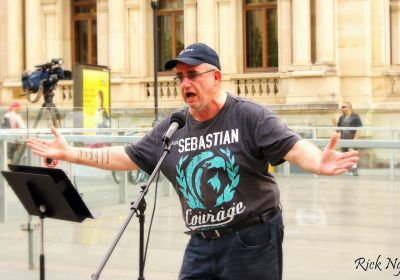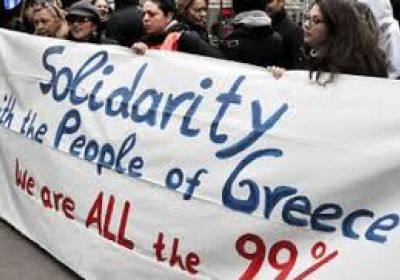
Thousands of people protested on July 15 across Europe – and in cities around the world – in solidarity with Greece's struggle against austerity.
The next day, Marina Prentoulis, spokesperson for Syriza in Britain, told TeleSUR that what was needed was a “pan-European movement” capable of confronting the power of European capital and the neoliberal agenda of European leaders.

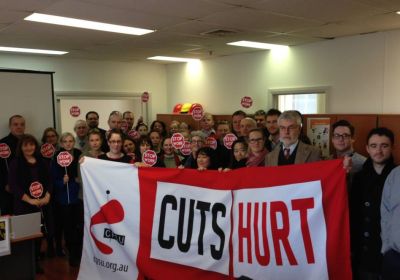
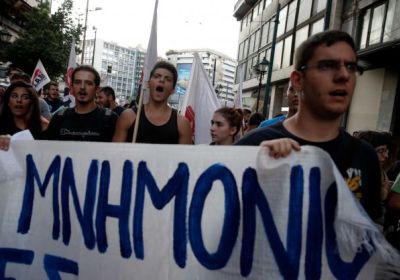

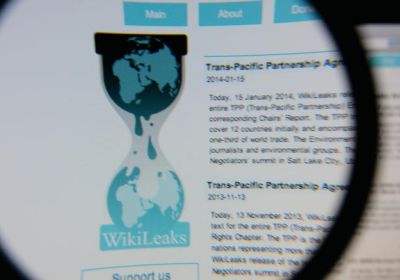
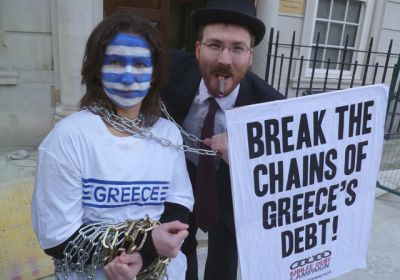
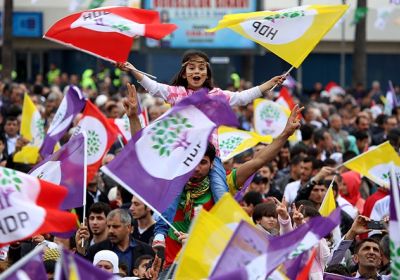
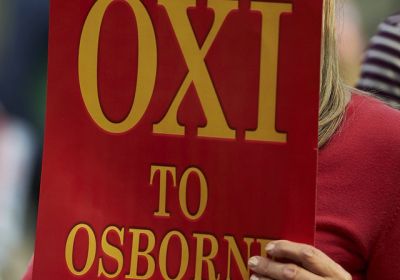
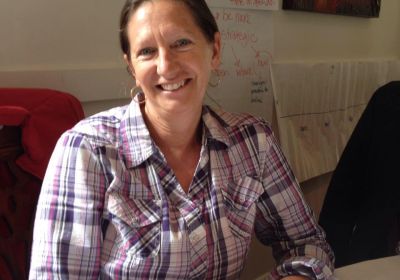
 Up to 10,000 people attended the March for Jobs, Justice, and the Climate in Toronto on July 5, climate action group 350.org said.
The mass march came ahead of the Climate Summit of Americas, held in the city over July 7-9.
Up to 10,000 people attended the March for Jobs, Justice, and the Climate in Toronto on July 5, climate action group 350.org said.
The mass march came ahead of the Climate Summit of Americas, held in the city over July 7-9.
